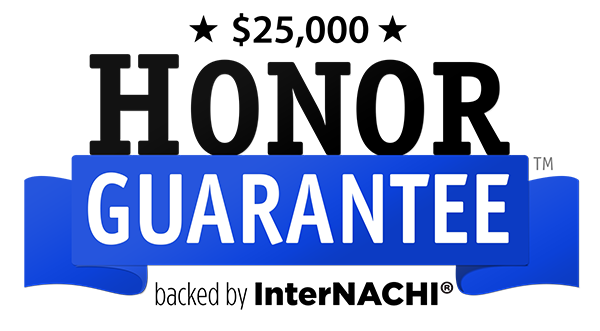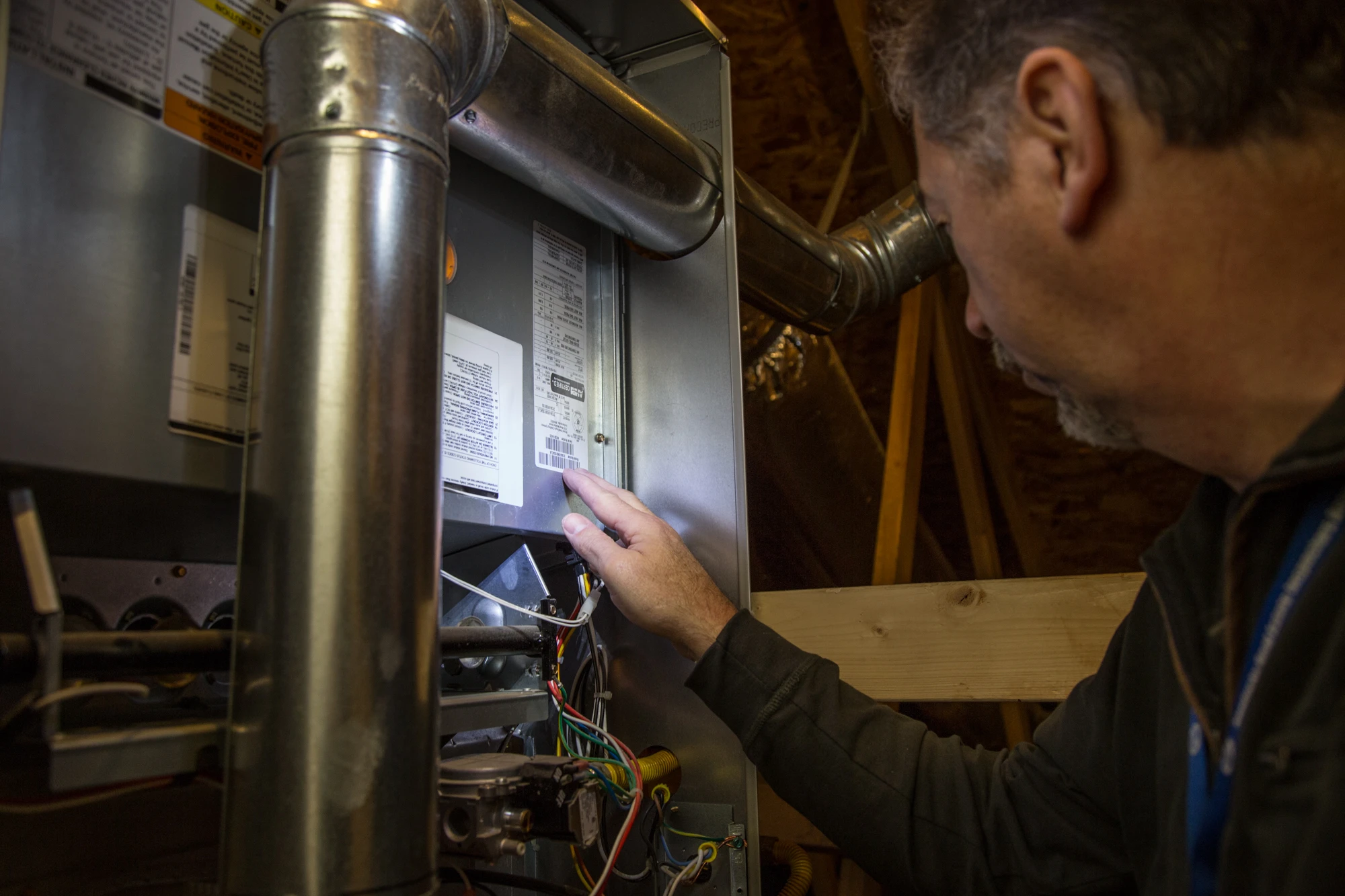
The problem:
Lately I’ve been seeing a lot of exposed shingle nails on my roof inspections – frequently on brand new roofs. Usually they are on the ridge or around metal flashings on vent pipes. Imagine getting your home inspection report and seeing that your brand new roof might leak! At the very least, the home buyer would be alarmed and the home seller might be surprised and angry to have any issues on their brand new roof. Is this just the over-zealous inspector magnifying a minor problem? Is this really a defect? If so, how big of a problem is this?
The facts:
A properly installed asphalt shingle roof should NOT have exposed fasteners. WHY? Due to hot and cold weather, nails and shingles will expand and contract throughout the life of the roof covering. That will cause the exposed nails to loosen, creating space around the nail for water to penetrate into the roof decking. Even if the nail does not pop out entirely, leaving a small hole through the roof, the nail will be loose enough for moisture penetration. It will take time – possibly years. But it’s virtually guaranteed to happen. Fasteners, if nailed properly, are covered by the overlapping shingles above. Even the last shingle on a ridge cap should not have exposed nails.
The remedy:
If the problem is isolated to a few nails on the ridge cap and around the vent flashing, there is an easy and inexpensive fix. Basically a small dab of roof cement applied to cover each exposed nail will work just fine. You can even add some roofing granules to the fresh cement to blend in with the surrounding shingles.
Disclaimer for DIY-ers: Consult with a roofing professional and never perform work that is unsafe or you are not comfortable performing. Roofs are dangerous places to work and falls can be deadly.
Unfortunately, if the problem is widespread over large sections of the roof, you would need further evaluation from a roofing contractor and the costs to repair could climb.
Warning: roof cement will wear away over time so it is a good idea to have your roof inspected every 3-5 years and make any needed repairs.
The bottom line:
Remember that water is the great destroyer of home building material. Roof and siding material needs to be installed to shed water down and away from the house to prevent any possible water penetration.









